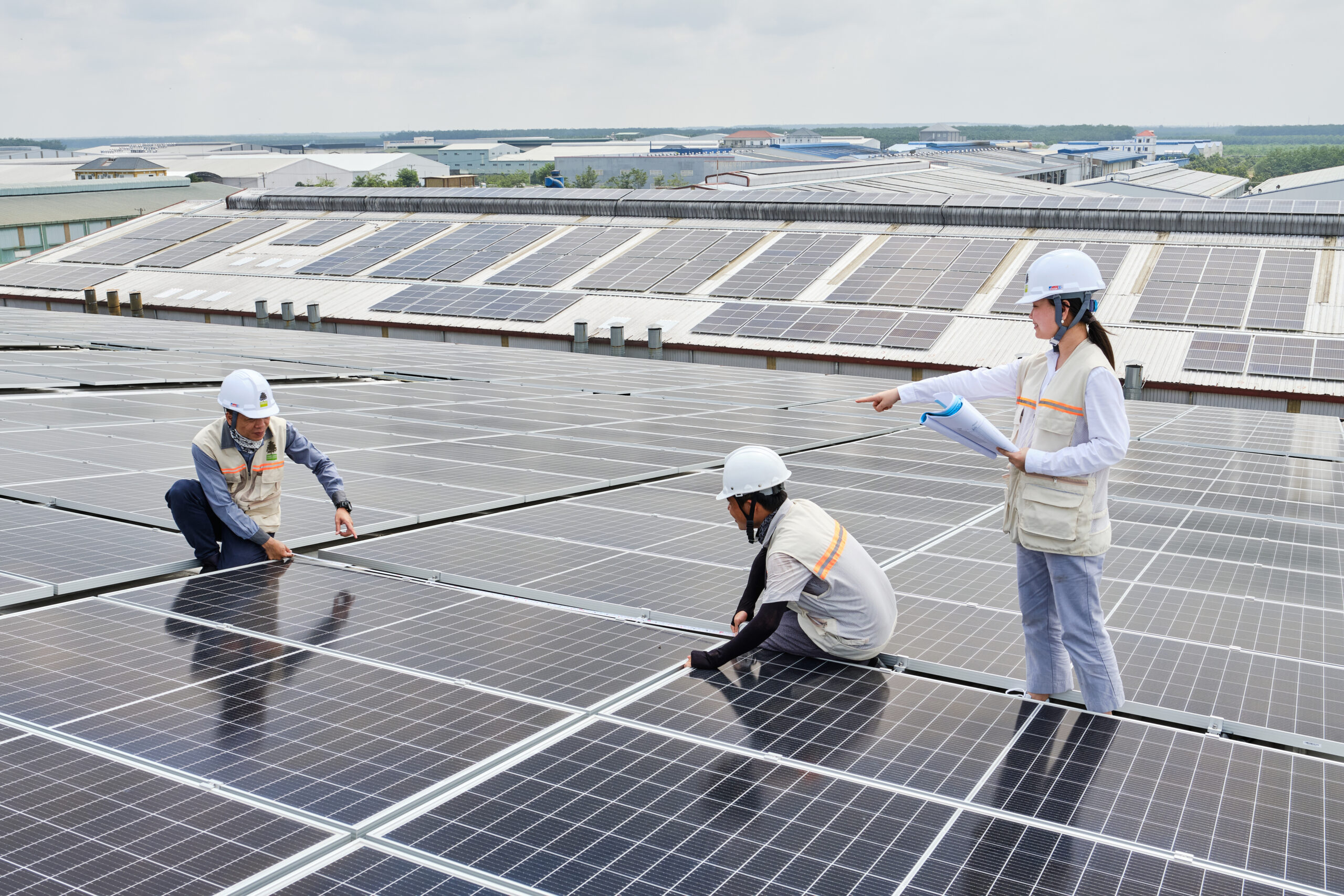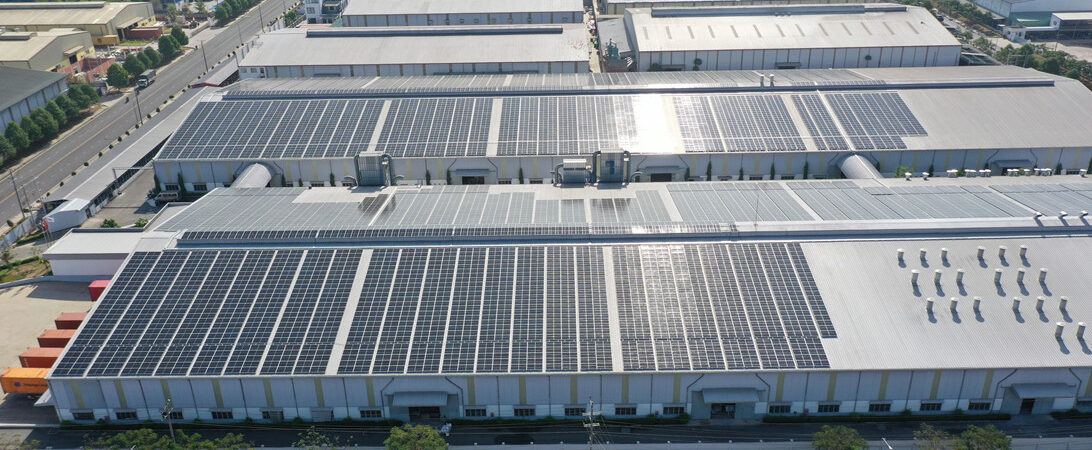According to the head of the Electricity and Renewable Energy Department, the new policy for rooftop solar power will no longer include the FIT (Feed-in tariff) price.
This was stated by Mr. Pham Nguyen Hung, Deputy Director of the Electricity and Renewable Energy Department (Ministry of Industry and Trade), during the online seminar “Removing Difficulties for Rooftop Solar Power in Industrial Parks” on the afternoon of August 30th.
According to Decision No. 13/2020, the purchase price of rooftop solar power is at 8.38 cents per kWh, but this policy has expired from December 31, 2020. Mr. Pham Trong Quy Chau, Permanent Deputy Head of the Renewable Energy Department of the Ho Chi Minh City Industrial Park Business Association (HBA), stated that for the past 9 months, businesses have been waiting for a new pricing policy for solar power in general, including rooftop solar power, after the FIT 2 price expired.
Investor sentiment has been impacted by the lack of a new policy on the purchase price of electricity from rooftop solar power systems after December 31, 2020, because it is unclear how it will be implemented. Further instructions on the procedures for applying for and approving the connection, electricity purchase and sale contracts, and payment for electricity purchased from solar power systems have yet to be issued by the Ministry of Industry and Trade and Electricity of Vietnam (EVN).
Mr. Pham Nguyen Hung, Deputy Director of the Department of Electricity and Renewable Energy (Ministry of Industry and Trade), stated that the Ministry of Industry and Trade is drafting a draft decision on a mechanism to develop renewable energy, including rooftop solar energy.
Mr. Hung stated that the new point of this draft decision will not be the preferential FIT price for 20 years as it was previously. Instead, the draft proposes a 70-90 percent on-site self-use rate for projects in order to relieve investment pressure on the power grid, transmission, and distribution. In addition to self-consumption, the enterprise will sell the remaining electricity (10-30%) to EVN. In order to ensure market closeness, the electricity selling price will follow the annual solar power generation price bracket issued by the Ministry of Industry and Trade.
“The purchase price of electricity is equal to the maximum annual solar power generation price bracket issued by the Ministry of Industry and Trade, or any price in this frame, we are discussing, in order to ensure that we can further offset costs, recover capital of investors, harmonize with the purchase of electricity from EVN”, Mr. Hung said.

Workers install rooftop solar power at an industrial factory
In addition, the Deputy Director of the Department of Electricity and Renewable Energy added that the rooftop solar power project will be not limited to a capacity of less than 1 MWp as in the previous phase, but will be larger, possibly up to 7-8 MWp and connected to the grid below 35 kV or less, eliminating the need to invest in additional grid to serve rooftop solar power projects, avoiding loss and congestion of transmission grid.
Mr. Hung repeatedly stated that the new policy will optimize and maximize the available infrastructure in rooftop solar power installation to meet the demand for on-site loads. “Rooftop solar power is a distributed power source that uses the roofs of existing or under construction.
Source: VN Express 30/08/2021


